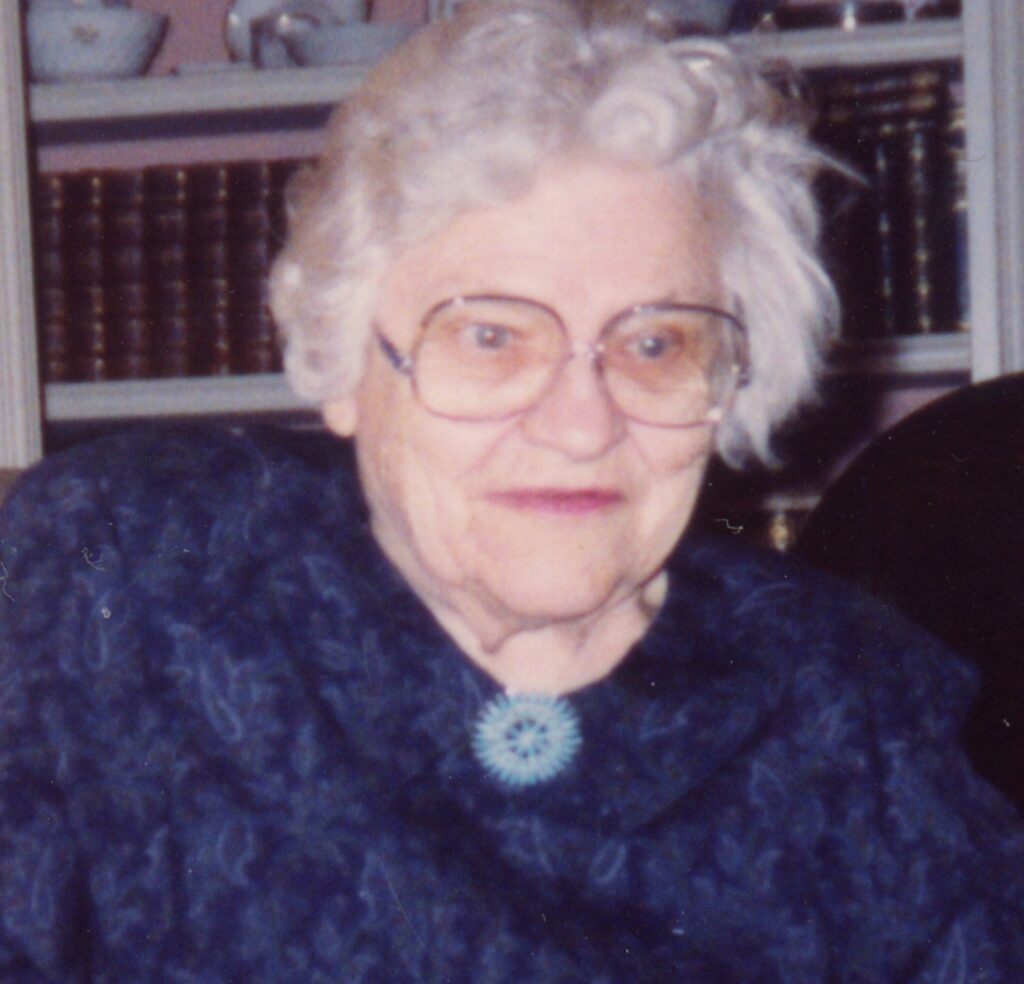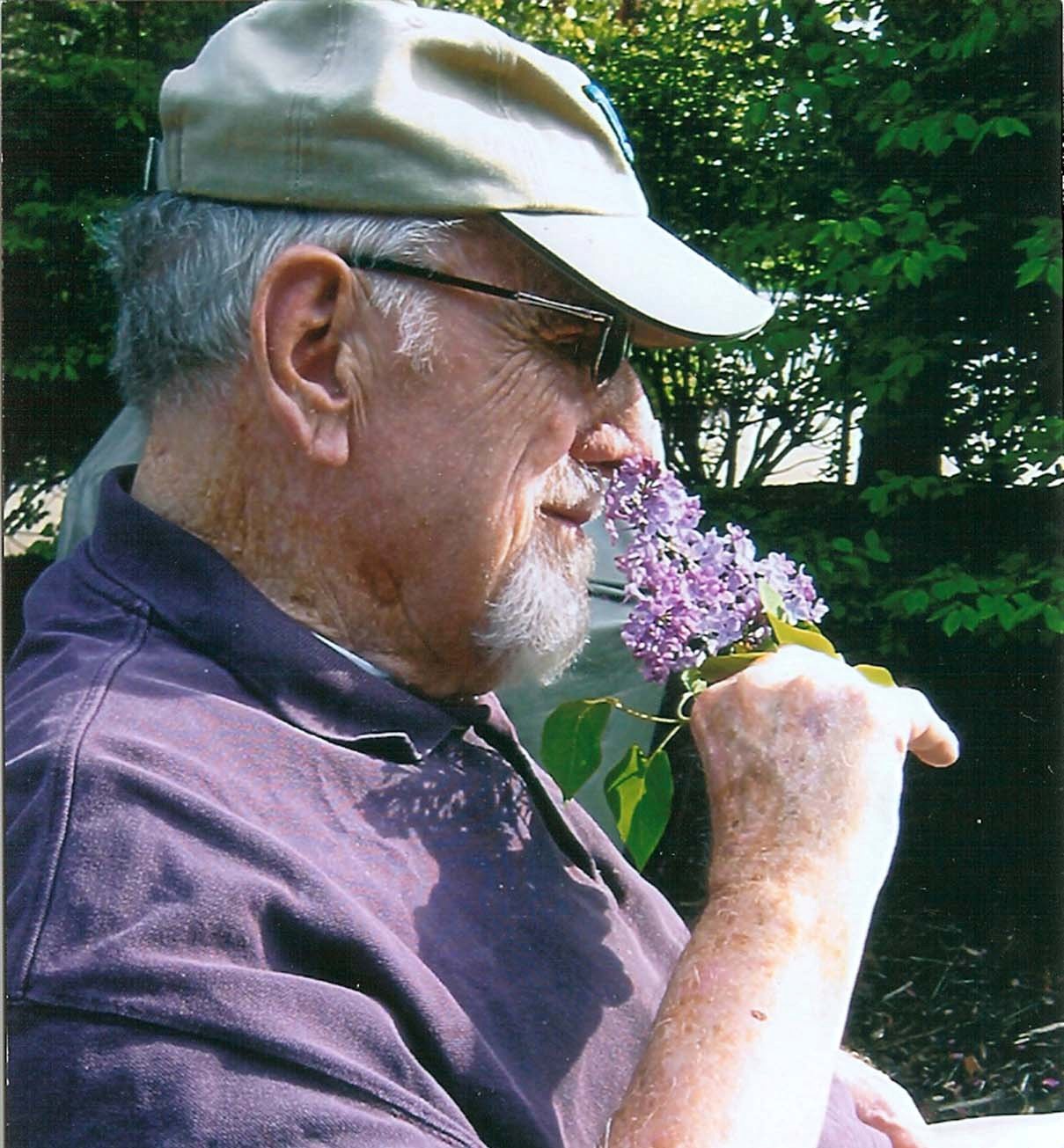
The Ethel and James Flinn Foundation is a private foundation that uses its resources to improve the quality, scope and delivery of mental health services in Michigan.
To advance effective, well-researched best practice mental health treatment and programs that meet the needs of people in Michigan.

The Ethel and James Flinn Foundation was established in 1976 by Ethel “Peggy” W. Flinn. Her intent was to remember her parents, Ethel and James and her brother, Jim Flinn Jr. and to consolidate and direct the families’ philanthropy toward the purposes already expressed by her parents in their trusts documents; “research into the causes and/or research into the treatment of nervous and mental diseases.” Peggy graduated from Columbia Presbyterian College of Nursing in New York as a registered nurse and was a volunteer nurse with the Red Cross during World War II. She was interested in the health of children and was a longtime and life member of the Board of Trustees of Children’s Hospital of Michigan. She provided initial funding to the Foundation during her lifetime and left an endowment to the Foundation upon her death in 1994.
Jim Flinn, Jr. attended Princeton and Babson University. He was diagnosed with schizophrenia in his early 20’s and following the death of his father in 1952 resided for the rest of his adult life at the St. Joseph Mercy Health System in Ann Arbor, Michigan. The caregivers at St. Joseph Mercy Hospital provided a unique, close, caring and supportive environment that contributed to Jim’s long life and to his good quality of life. Jim’s interests were many and varied; reading, history, University of Michigan football, movies, gardening, bike riding and traveling. Helping the disadvantaged and philanthropy were of special interest to him. In later years he made substantial contributions to the Foundation and to charities generally. Upon Jim’s death all of the Flinn’s interests were transferred to the Foundation leaving as a legacy a philanthropic foundation to improve the lives of children, adolescents and adults with mental illness.